PA Launches Bid to Help Children Born Into Addiction
A state task force that will seek to find ways to help children born into families with substance use problems has kicked off its one-year effort.
 The group will seek to improve the foster care system while also avoiding unnecessary family separations, help pregnant women and new parents address their addiction challenges, and address the medical and developmental needs of children exposed to addictive substances prior to birth.
The group will seek to improve the foster care system while also avoiding unnecessary family separations, help pregnant women and new parents address their addiction challenges, and address the medical and developmental needs of children exposed to addictive substances prior to birth.
Serving on the task force are state officials and their appointees, including several who have first-hand experience with such challenges.
Learn more about the task force and its objectives in the PennLive article “New effort to help children born into addiction gets started in Pa.”
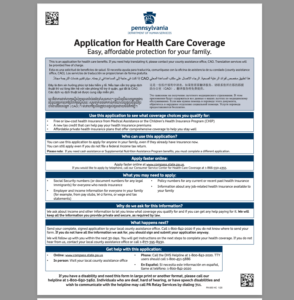 When the pandemic began the federal government offered the states additional money to support their Medicaid programs; in exchange, the states needed to agree not to review recipient eligibility for the duration of the public health emergency. When the pandemic ends, though, states will have one year to review the eligibility of all of their Medicaid recipients. While the federal government has encouraged states to take the full year to complete this task, Pennsylvania Medicaid officials have indicated that they hope to complete the process in six months. A bill in the state legislature would give Medicaid officials even less time, calling for the review to be completed within 60 days.
When the pandemic began the federal government offered the states additional money to support their Medicaid programs; in exchange, the states needed to agree not to review recipient eligibility for the duration of the public health emergency. When the pandemic ends, though, states will have one year to review the eligibility of all of their Medicaid recipients. While the federal government has encouraged states to take the full year to complete this task, Pennsylvania Medicaid officials have indicated that they hope to complete the process in six months. A bill in the state legislature would give Medicaid officials even less time, calling for the review to be completed within 60 days. General Assembly
General Assembly Department of Human Services
Department of Human Services Stakeholder Events
Stakeholder Events Included in this month’s issue are articles about:
Included in this month’s issue are articles about: Governor Wolf
Governor Wolf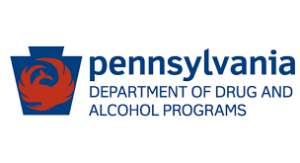 Department of Drug and Alcohol Programs
Department of Drug and Alcohol Programs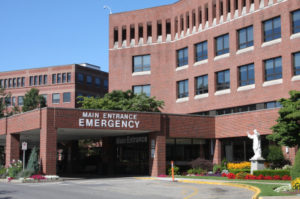 Governor Wolf
Governor Wolf Department of Health
Department of Health Pennsylvania Act 2, passed earlier this year, appropriates $225 million in federal money and the state has earmarked a portion of that money for hospitals based on how many beds they have. Hospitals that serve especially high proportions of Medicaid patients, however, will receive funding over and above the amount targeted to them based on bed count alone.
Pennsylvania Act 2, passed earlier this year, appropriates $225 million in federal money and the state has earmarked a portion of that money for hospitals based on how many beds they have. Hospitals that serve especially high proportions of Medicaid patients, however, will receive funding over and above the amount targeted to them based on bed count alone.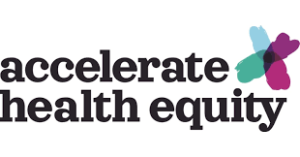 The new effort, dubbed “Accelerate Health Equity,” will seek to bring “…together organizations across the region to produce tangible improvement in health inequities, and ultimately achieve measurable, positive changes in health outcomes in Philadelphia.” Among the participants in the endeavor are AmeriHealth Caritas, Children’s Hospital of Philadelphia, the City of Philadelphia, Drexel University, Independence Blue Cross, Jefferson Health, Main Line Health, Penn Medicine, Philadelphia College of Osteopathic Medicine, Temple Health, and Trinity Health Mid-Atlantic.
The new effort, dubbed “Accelerate Health Equity,” will seek to bring “…together organizations across the region to produce tangible improvement in health inequities, and ultimately achieve measurable, positive changes in health outcomes in Philadelphia.” Among the participants in the endeavor are AmeriHealth Caritas, Children’s Hospital of Philadelphia, the City of Philadelphia, Drexel University, Independence Blue Cross, Jefferson Health, Main Line Health, Penn Medicine, Philadelphia College of Osteopathic Medicine, Temple Health, and Trinity Health Mid-Atlantic.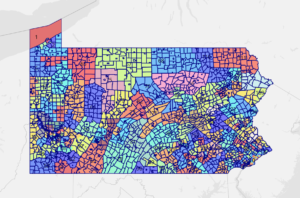 Redistricting Update
Redistricting Update General Assembly
General Assembly Pennsylvania Health Care Cost Containment Council (PHC4)
Pennsylvania Health Care Cost Containment Council (PHC4)